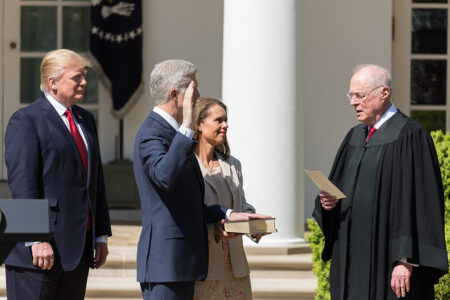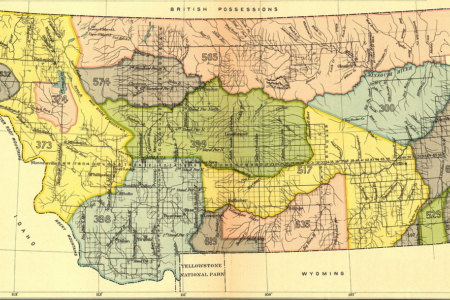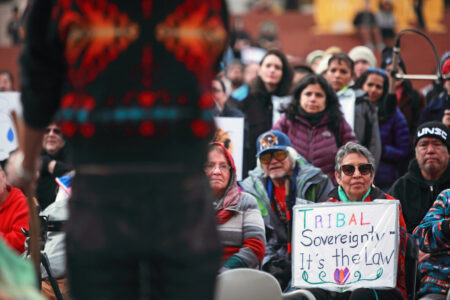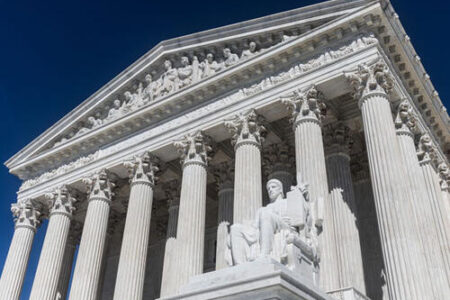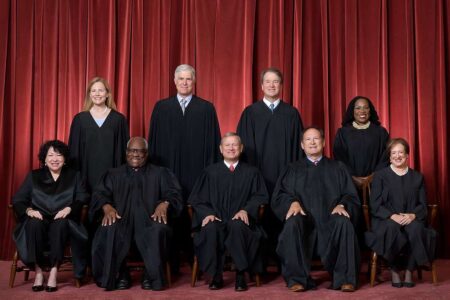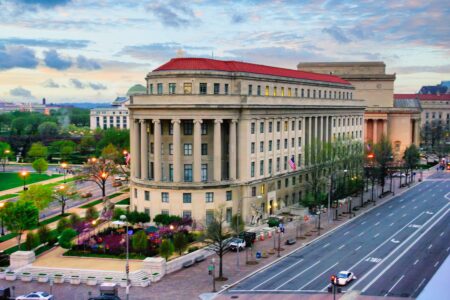
Essay
Protecting Consumers in a Post-Consent World
by Mark A. Lemley
In Charting a New Course on Digital Consumer Protection at the Federal Trade Commission, former FTC Chair Lina Khan and her co-authors Samuel Levine and Stephanie Nguyen set out a fundamentally new regulatory framework for privacy that seeks to move beyond the “notice and consent” paradigm that has dominated privacy law for a generation. They…

